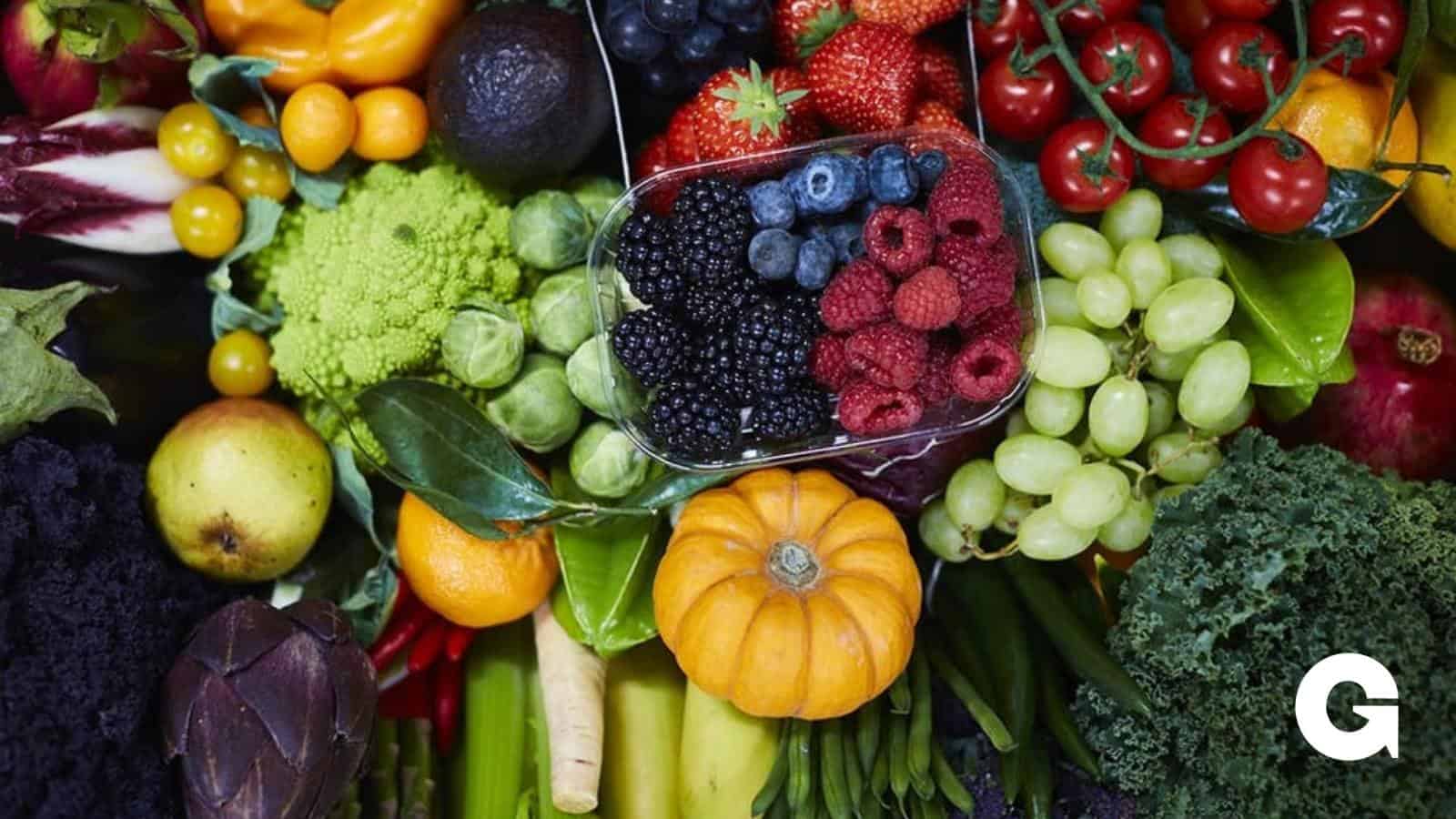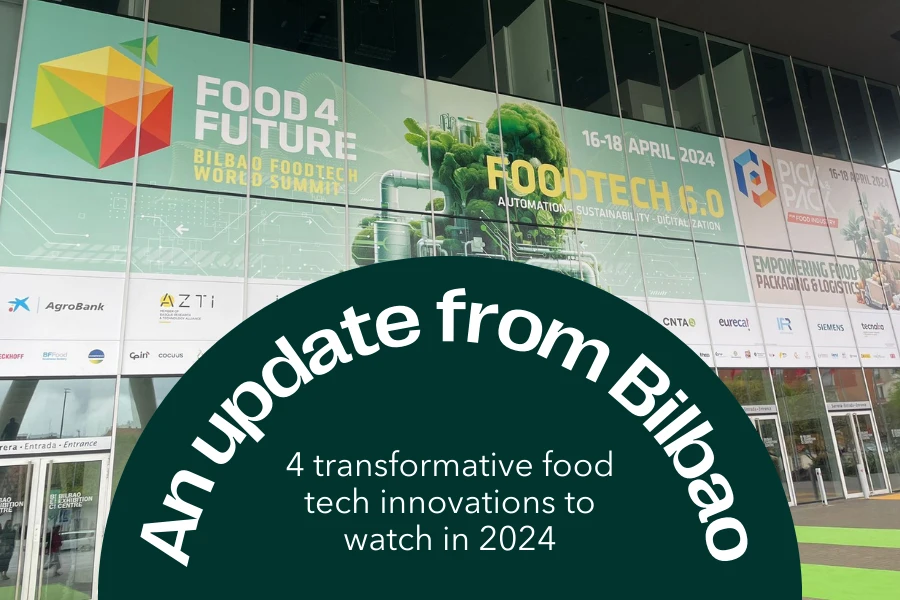Top 4 Game Changers in the food system
Sam Mehmet

We need to radically transform our food system. Food production and consumption is one of the largest contributors to climate change, responsible for up to a quarter of global greenhouse gas emissions. Approximately a third of all food produced is lost or wasted, food insecurity is increasing across the world, and diet continues to be one of the leading causes of global mortality.
However, there are countless solutions, innovations and Game Changers already contributing to a fairer, healthier and more sustainable food system for all. Here we’ve spotlighted our top four food system Game Changers.
1. Infarm: advancing sustainable, local agriculture
The issue: according to the recent IPCC report, nearly a quarter of greenhouse gas emissions are directly related to agriculture, forestry and other types of land use. Food often travels across country (and continents) to reach our plates, so why not bring farming closer to home?
How they’re changing the game: Germany’s Infarm, one of the world’s fastest-growing urban farming networks, is on the front line of the urban farming revolution. Its vertical farms are in city locations such as supermarkets, restaurants and distribution centres, so vegetables can be grown and harvested close to the place of purchase or consumption. As an integration of advanced engineering, software and farming technology, the farms save labour, land, water, energy and food miles.
“At Infarm, we believe there's a better, healthier way to feed our cities: increasing access to fresh, pure, sustainable produce, grown as close as possible to people.” Erez Galonska Co-founder and CEO, infarm2. Impossible Foods: increasing plant-based diets
The issue: meat production and consumption are not only major contributors to global greenhouse gas emissions, but they put increasing pressure on animal welfare and together are one of the main drivers of biodiversity loss and changes in ecosystem services.
Excess red and processed meat consumption can also have significant negative effects on human health and lead to diet-related diseases, particularly non–communicable diseases (NCDs).
How they’re changing the game: with the tagline ‘meat made from plants’, Impossible Foods is the creator of the soy-based, meat-imitating Impossible Burger, available in supermarkets globally as well as in outlets more traditionally associated with meat, such as Burger King. The California-based company is growing its offering to appeal to different markets, such as children: new treats include Impossible Chicken Nuggets and Impossible Sausage, both spreading the plant-based word even further.
https://twitter.com/ImpossibleFoods/status/1435298593963851778
3. Mosa Meat: developing cellular agriculture
The issue: The global livestock sector produces approximately 14.5% of all anthropogenic greenhouse gas emissions. In fact, a recent life cycle analysis of conventional beef vs cultured beef – beef grown in laboratory conditions – showed that conventional beef has a 92% higher climate impact and uses up to 95% more land and 78% more water.
How they’re changing the game: Mosa Meat is a Netherlands food company – newly backed by Leonardo DiCaprio – working to change the world by producing burgers in a kinder, cleaner way: growing them. Its food scientists use cellular agriculture to create real beef directly from the cells of cows, giving people the meat they love with a process that doesn’t require slaughtering an animal or damaging the planet.
Hear more from the CEO of Mosa Meat, Maarten Bosch, in our Game Changer interview.
4. Oddbox: preventing food waste
The issue: food waste is one of the largest challenges facing the food system. A recent report from WWF stated that 2.5 billion tonnes of food is lost or wasted annually, suggesting that 40% of all food produced could be going uneaten. This means that up to 40% of the land, water, resources and labour used to produce this food is also going to waste, as well as 40% of the greenhouse gas emissions used to produce food that ultimately gets thrown away.
How they’re changing the game: fruit and vegetables are among the most lost or wasted food types. This can be due to ‘abnormal’ appearance, short shelf lives or challenges at the harvest level. In the UK alone, over three million tonnes of fruit and veg goes to waste, despite being ripe for picking.
British B Corp Oddbox rescues this fruit and veg directly from farmers and packs it into boxes that are then sent out to homes across London, Brighton and the south-east of England. To date, Oddbox has saved more than 5,000 tonnes of fresh produce from being thrown away.
If you have a game-changing food tech to scale, we’d love to hear more! Get in touch with the team at info@greenhouse.agency.
You may also like 'Five food waste pioneers to watch this year' and 'Five vertical farming pioneers to watch this year'.


